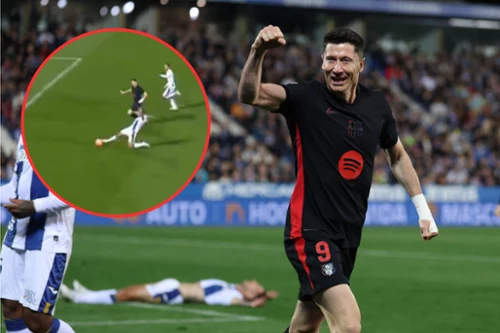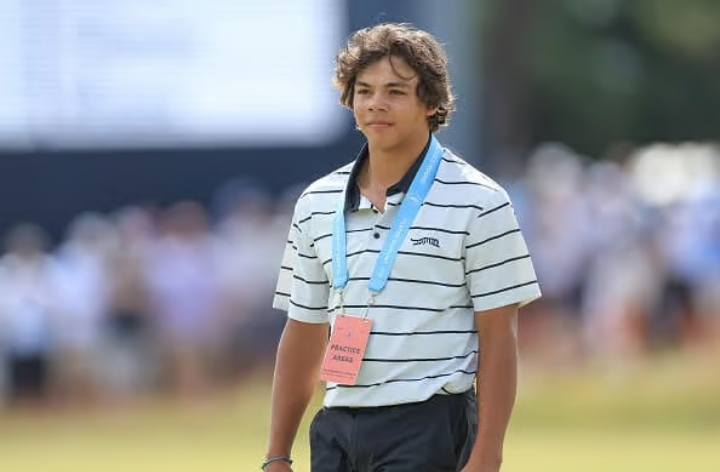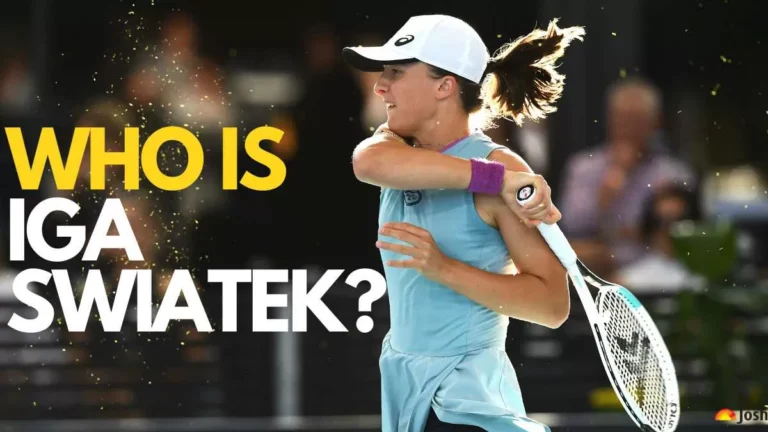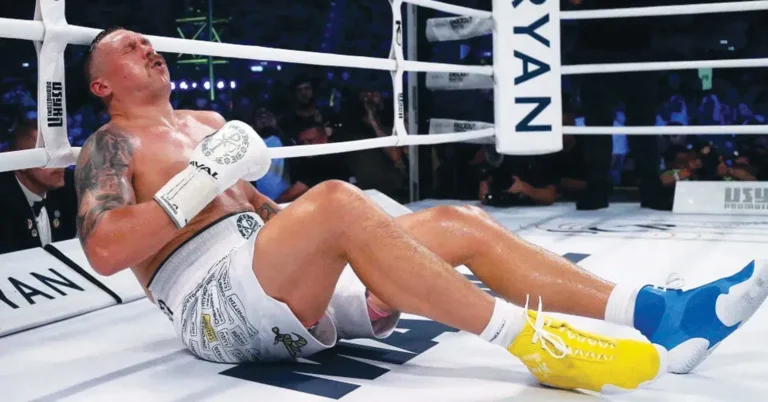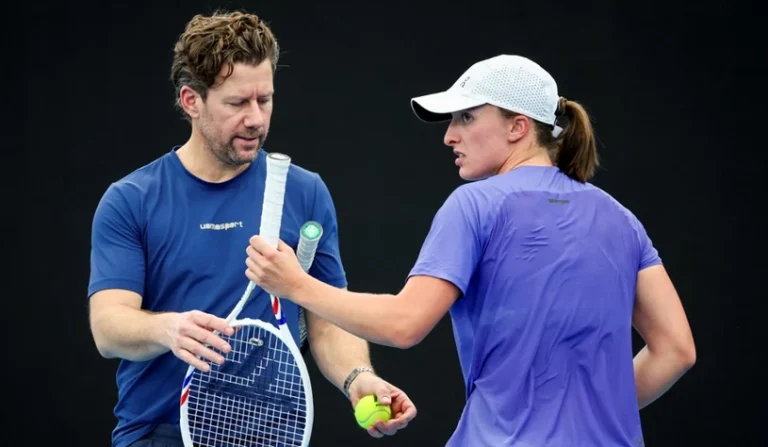Scottie Scheffler admits what confused him about the golf course at the BMW Championship and why he got so angry
Scottie Scheffler’s performance at the BMW Championship has raised significant attention, highlighting not only his high standards but also his struggle with adapting to unfamiliar conditions. Despite an impressive season overall, Scheffler’s performance at the BMW Championship was notably below his usual high level. Finishing tied for 33rd at Castle Pines, it marked only his second worst finish of the year, a stark contrast to his typical top-10 finishes. His only worse result had been a tie for 41st at the US Open, a tournament where he also failed to place within the top 20. This rare misstep at Castle Pines clearly affected him, both in terms of performance and emotional response.
Scheffler’s difficulties at Castle Pines were compounded by the unique challenges of playing golf in Colorado’s high-altitude environment. The increased altitude presented a formidable challenge, as Justin Thomas had earlier highlighted the need to adjust yardages due to the thinner air. Scheffler’s struggle to adapt to these conditions was evident throughout the tournament. He expressed his frustration with the course setup and the inconsistent behavior of the golf ball on the greens.
In a candid post-round press conference, Scheffler revealed the extent of his frustration. He admitted that he was unable to grasp the intricacies of the course, which contributed to his disappointment. “It’s frustrating when you feel like you’re doing stuff that’s good and it’s not turning out the way you’re intending it to,” Scheffler said. He detailed a particularly vexing moment on the 10th hole, where he felt his ball was landing in the rough too often. After a poor shot that ended up in the water, he reflected on an earlier similar experience on the 15th hole, where despite hitting what he thought was a good shot, the ball spun off the green. This misjudgment, in his view, was exacerbated by unexpected changes in the firmness of the greens, which seemed to him to be inconsistent with the conditions he had previously experienced.
Scheffler’s irritation was further fueled by his perception that the golf course had the upper hand that week. He struggled with the greens, finding them to be softer than he anticipated, which led to errant bounces and frustrating outcomes. His inability to adapt to the varying conditions left him feeling disoriented and unable to perform at his usual level of precision.
The impact of this experience might influence Scheffler’s future scheduling decisions. He has previously shown a preference for avoiding events immediately before major tournaments, suggesting that the BMW Championship’s timing could have been a factor in his performance. Scheffler had opted to play in The Memorial just before the US Open, a decision that did not appear to benefit his performance at the major. Conversely, he chose not to participate in the Scottish Open before The Open Championship, instead arriving at Royal Troon ahead of schedule.
Given his past experiences, Scheffler may reconsider his tournament schedule for 2025, particularly if he feels that playing the week before a major event negatively impacts his performance. The BMW Championship’s challenges at Castle Pines may prompt him to adjust his strategy for future tournaments. Although Scheffler is currently leading in the standings, maintaining that position will require careful planning and possibly restructuring his approach to pre-major events.
As Scheffler looks ahead, the lessons learned from this challenging week at Castle Pines could be crucial in shaping his strategies and decisions for the upcoming season. His focus on refining his process and adapting to varying conditions will likely be a key factor in his continued success and preparation for future tournaments.

